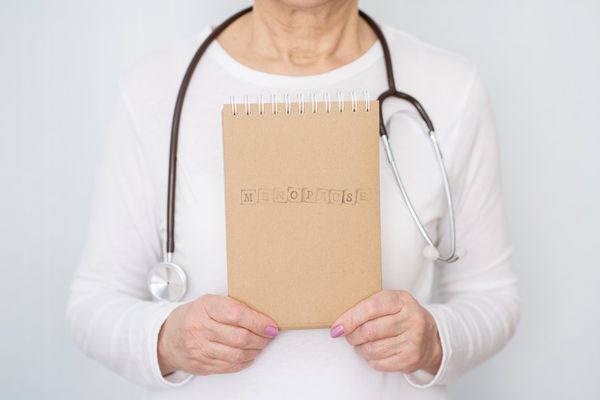Less than 48 hours after my husband I returned from our dream vacation to Italy, he received a call telling him he was being laid off. Needless to say, our euphoric vacation bubble burst, but we were glad we had the trip and the memories before the layoff.
The layoff has given me cause to reflect on how to cope with change and what to do when bad things happen.
The layoff didn't come as a complete shock. My husband worked for a contracting company, where layoffs are common. He knew the division in which he worked wasn't doing as well as expected financially, and his layoff was one of many that day.
Because he's worked in the contracting business for many years and has seen many layoffs (and sometimes delivered the news), we had been saving for this possibility. That financial cushion makes this process easier to face, without panicking.
My husband is also the world's biggest optimist, which, in circumstances like these, is a great trait. Research shows that optimism has positive effects on mental and physical health. I'm not as optimistic as my husband, but I'm generally optimistic and strive to be more so.
Right now, we're both telling ourselves (and each other) that this will work out for the best. Hopefully, he will find work he likes even more than what he was doing—work that will provide a good challenge for the next stage of his career. He would love to get back to doing more international work, which had dwindled in recent years, and I would love to travel with him some, if he does that.
Beyond the job hunt, there are certain very real issues to deal with in the short-term, primarily obtaining health insurance. For the past decade or so, I have worked part-time for HealthyWomen and done freelance editing for other clients. That means I don't have health coverage; our family has relied on my husband's company benefits.
We still insure our two daughters—one is still in college and the other recently graduated but does not currently have insurance through an employer. Looking at insurance options is never simple, and when you throw adult children into the mix, it gets even more complicated (and more expensive).
Thankfully, my husband, who is great with numbers and spreadsheets, is handling this. And we are grateful that there are options to investigate. Prior to the passage of the Affordable Care Act (ACA), our options might have been more limited because I have some preexisting conditions (relatively minor, but real).
We have the option of continuing our current health insurance under COBRA, the federal law that guarantees continuation of group health coverage for up to 18 months. We would pay the full cost (after my husband's severance ends), which is expensive but less expensive than buying an individual plan on the open market. Or we can apply for coverage under the ACA, with numerous options there. Once you consider premiums, deductibles and co-pays, most of the options work out to be about the same. We're still getting answers and trying to decide which is best for our family.
Going through this process is a reminder to me that our country still has a long way to go in providing affordable health care for all people.
As we work to untangle the benefit options and the career options, we also are trying to take care of ourselves and our relationship in this somewhat fragile time.
Here are some things we're doing to take care of ourselves:
- Exercising regularly, including going for walks to get some fresh air and sunshine
- Getting together with friends and socializing as we normally would (isolation is not recommended)
- Eating out less and entertaining at home more (we enjoy eating meals with friends and, fortunately, we can do that at home)
- Examining our living expenses to see where we can trim corners, but not obsessing over it (increased anxiety won't help)
- Being kind to each other (this should always be the case, but it's even more important in tough times)
- Working on house projects that don't cost money, such as decluttering and cleaning (there's something therapeutic about getting your house in order)
- Laughing and enjoying light entertainment (plenty of Modern Family and Big Bang Theory episodes in my immediate future)
- Practicing gratitude for what we do have, both materially and in terms of friendships, health and other intangibles
- Staying connected to our church for spiritual support
- Remaining optimistic and not projecting too far into the future (I have my nana's instinct for worrying, but I'm trying to keep it in check)
- Remaining open to all options for my husband's possible future work and mine
It's only been two weeks since the layoff, so it's too early to say how this will all turn out. So far, so good.
If you've been through a similar situation, please share your suggestions below for getting through hard times in a healthy way!
Read More:
Staying Strong in Uncertain Times
5 Easy (and Free!) Ways to Be Happier







